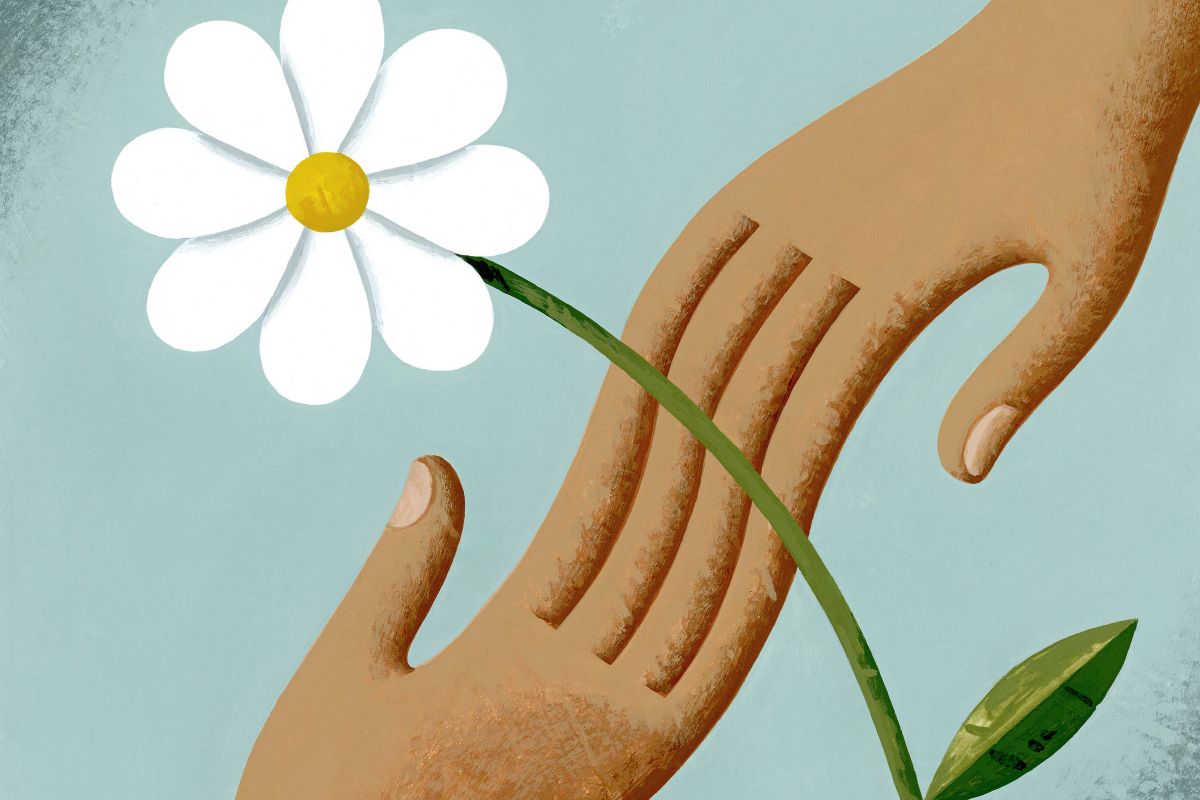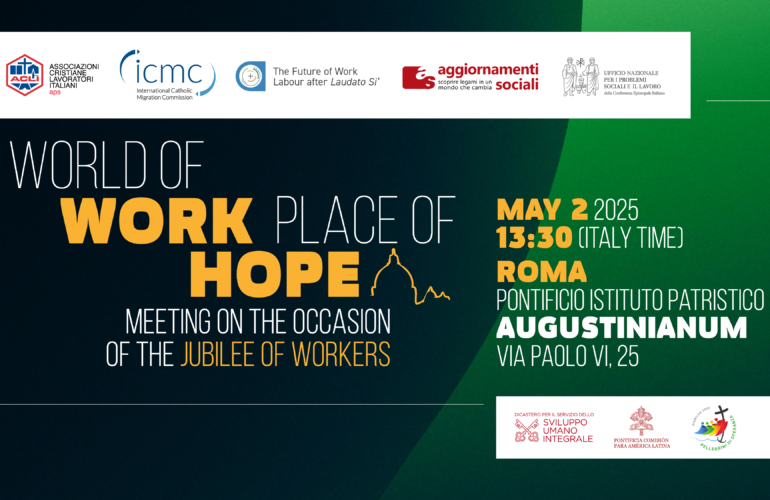New Research on Refugee and Migrant Inclusion During COVID Finds that European NGOs Go “Above and Beyond”
Civil society organizations are going “above and beyond” to curb the impact of COVID-19 on refugee and migrant integration and inclusion in the European Union new research published by the International Catholic Migration Commission has found.

As 2021 progresses, the impact of the COVID-19 pandemic continues to be felt around the world. For refugees, migrants and those working with them, the crisis has created new challenges, intensified existing ones and required all stakeholders to develop new approaches.
According to a Europe-wide survey carried out by the SHARE Network and made available online by the International Catholic Migration Commission’s Europe office, the COVID-19 pandemic has impacted the welcome and integration of migrants and refugees in four key areas:
- Interruptions to training and education, including language learning, school education and adult education and training. Although many activities have moved online, digital access for refugees and migrants has been limited by a lack of equipment/internet connection and required digital/technical skills.
- Increased isolation and mental health difficulties with specific impacts for refugee and migrant women, who have become more vulnerable to domestic violence.
- Limited access to basic services due both to refugees’ and migrants’ legal status and to some services moving online without accompanying translation or interpretation.
- Delayed asylum and immigration procedures, in some instances making asylum procedures and accompanying reception support inaccessible throughout quarantine periods and leaving migrants unable to renew visas or permits in ‘legal limbo’.
The response of organizations working with refugees and migrants was broadly consistent across the EU. Many have focused on providing refugees and migrants with information on COVID-19 in languages and formats accessible to them. This has included information on infection control, lockdown restrictions, educational arrangements for children and obtaining documents required for local travel.
The vast majority of organizations have moved some or all of their regular activities and services online. The focus has been on enabling existing activities to continue, such as language learning and training. New activities have included efforts such as informal online discussions on any aspect of COVID-19 and arts-based programs to engage young people in constructive activities during lockdown.
The impact of the pandemic has also highlighted the value of volunteer work and of strong civil society-public authority partnerships at the regional and local level. These initiatives and alliances have been crucial in allowing vulnerable populations to be included in emergency measures such as food distribution. They have also enabled grassroots civil society organizations to communicate beneficiaries’ emergency needs to mainstream service providers for follow-up assessment and action.
“Our survey findings demonstrate the outstanding commitment of actors across the SHARE Network to welcoming refugees and migrants and supporting their integration and inclusion,” says ICMC Europe Director Petra Hueck. “This is particularly true of those working at local community level, who have gone above and beyond to provide information, reconfigure services and activities and establish new partnerships and alliances that have provided ongoing support to vulnerable migrants and refugees.”
The new SHARE Network online survey resource includes a searchable library of best practice implemented by welcome and integration actors in response to COVID-19.
“It is crucial that we learn the lessons of COVID-19 and take the good practices it has prompted into the recovery period,” explains Hueck. “At the SHARE Network, we will continue disseminating our findings and successful practice approaches across our partner territories and localities and ensuring that the voices of those working at local level are central to our European advocacy.”
The SHARE Network is a European platform for local and regional actors working on refugee and migrant protection, integration and inclusion. SHARE was established in March 2012 and is led by ICMC Europe.
The SHARE Network survey was available online from October to December 2020 in eight EU languages. It received 224 individual responses from 16 European countries and was complemented by desktop research and follow-up interviews with selected survey respondents.
Just over 40% of responses were from civil society organizations, 16% from public authorities and 15% from community, voluntary and refugee and migrant-led organizations. 82% of respondents work at local or regional level, with the majority involved in direct service provision for refugees and migrants.
- To the SHARE Network survey: Welcome & Integration in the EU – COVID-19 Impact & Responses
- To the library of best practice implemented by welcome and integration actors in response to COVID-19
Image by Adam Niklewicz on Unsplash.



